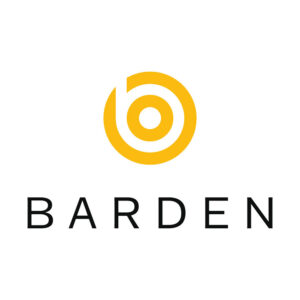Your CV is just too important to leave to chance. It’s the most personal document you will ever create. It represents your professional life story and holds the key to your future hopes, dreams and aspirations. It represents you when you are not in the room. It is what makes you stand out from the crowd. Get it right and it will work tirelessly for you. Get it wrong and it will close doors before you even get the chance to open them.
We work with newly qualified accountants every day and have advised 1000’s on their CV. Here’s the best advice you can get to create the perfect newly qualified accountant CV.
Step 1: Personal details, summary and education. If you do it right here’s how it should look (pay special attention to the advice in red):
Couple of things you might have noticed:
- Address/Contact Information: Keep all to one line if you can. Page 1 is prime real estate so make sure you don’t give up space easily!
- Professional Summary: Tailor this to suit the job you are applying for. Make it specific. Make it a place where you can highlight your suitability for the role. Beware talking about soft skills here; they’re too subjective.
- Education: Reverse chronological order. Only include relevant education (if you did a barista course that’s lovely but it does not deserve to go on the front page…unless you’re applying to a coffee company!). Keep it simple. Bold out the qualification and results.

Step 2: Experience: If you do it right here’s how it should look:

It’s a good option to include some points here around general key responsibilities throughout your training contract.
Keep it simple and concise and specific.
Next, it’s a good idea to give a little context on clients and activity; how your experience is different to everyone else:

Finally, it’s definitely worth including examples of clients and details on any secondments. Don’t worry about using client names – anything that is in the public record you can feel free to reference. Make sure you give some context too – nature of organisational structure (Group vs BU), scale of business, nature of industry etc..). That stuff really counts.

A great tip is to arrange your clients as relevant to the company you are applying to – applying to an Irish Plc? Put your Irish Plc clients first on the list. Simple.
Step 3: The other stuff: The decision to interview you or not will likely already be made by the time the hiring manager gets to this point in your CV. That said it is a great place to talk to you the person rather than just you the professional, can provide great information to break the ice at interviews and you might well be surprised at how much weight some hiring managers can put on non-work activities and achievements. If you do it right it might look like:


CVs are really simple in theory but can be very tricky in practice. We’ve a lot of practice in Barden. If you want an MS Word version of this CV template just drop an email to hello@barden.ie and we’ll look after that for you. Easy.


 Jump Back
Jump Back

